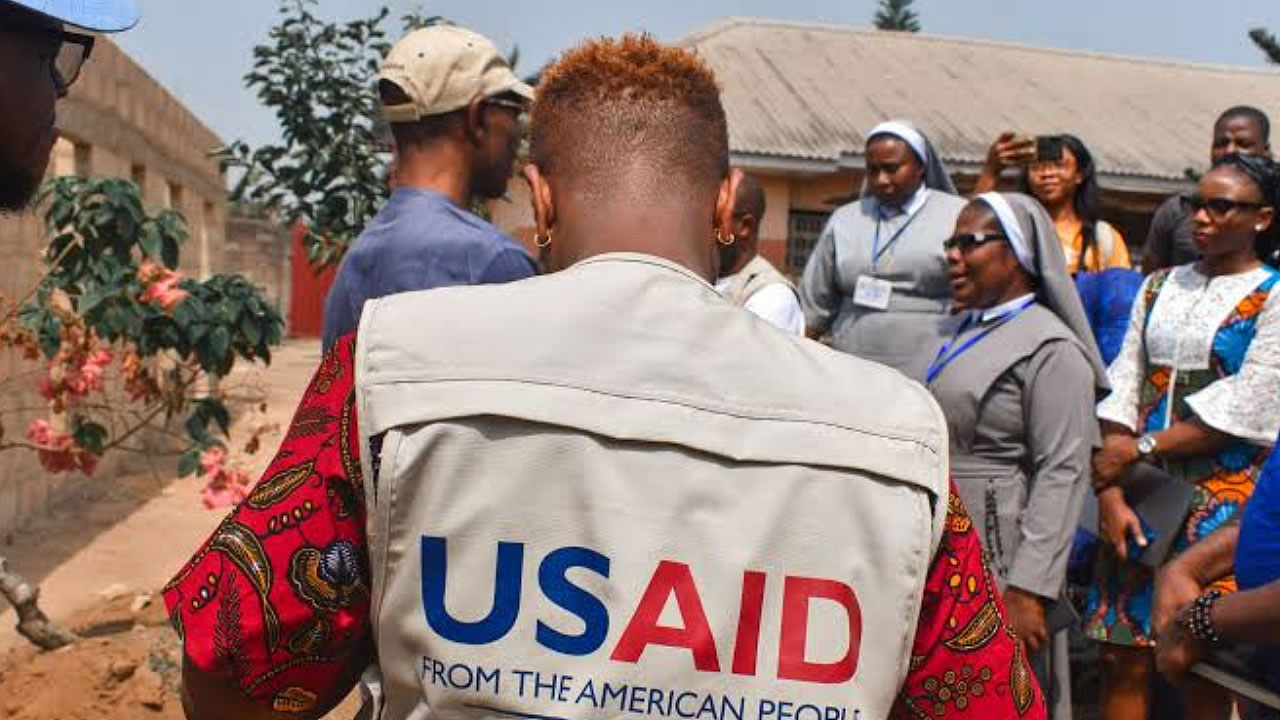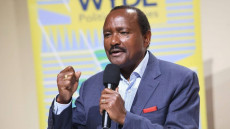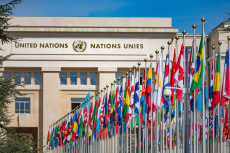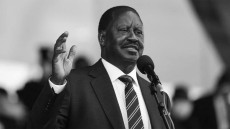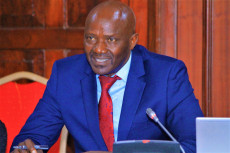- This decision has profound implications for African nations that have long relied on U.S. aid for various critical sectors.
In an executive order on 20 January, 2025, US president Donald Trump announced a 90-day pause in most of foreign aid, to review if aid allocation was aligned with US's foreign policy. However, this is with the exemption of life-saving humanitarian assistance during the period of the review.
This decision has profound implications for African nations that have long relied on U.S. aid for various critical sectors.
The suspension of U.S. aid is already causing disruptions across the continent in key sectors. Healthcare Programs such as the President’s Emergency Plan for AIDS Relief (PEPFAR) and malaria control initiatives face potential rollback, threatening public health advancements and access to essential treatments.
Agriculture and Food Security Initiatives like Feed the Future, which have bolstered smallholder farmers and enhanced food security, are now in jeopardy, raising concerns about increased food scarcity and potential famine.
In nations like South Sudan and Burundi, U.S. aid has been pivotal in peacebuilding and democratic reforms. The funding cut could halt progress towards democratization and peace, risking a resurgence of conflict and governance crises.
Read More
Advancements in literacy and school enrollments, particularly in Kenya, Rwanda, and Uganda, are at risk, potentially curtailing opportunities for youth and impacting future economic independence.
The international community has expressed significant concern over the U.S. aid suspension. UN Secretary-General António Guterres has called for additional exemptions to the freeze, emphasizing the potential risks to vulnerable populations.
"The Secretary-General calls for additional exemptions to be considered to ensure the continued delivery of critical development and humanitarian activities for the most vulnerable communities around the world, whose lives and livelihoods depend on this support," Antonio Guterres' spokesperson Stephane Dujarric said.
Human Rights Watch has stated that the aid suspension "is putting lives around the world at risk."
In East Africa, leaders are engaging in diplomatic efforts to mitigate the impact. Kenya's Foreign Affairs Principal Secretary Korir Sing'oei expressed hope that the U.S. administration will provide new pathways to support vulnerable populations.
This move is reminiscent of previous proposals to cut foreign aid under the "America First" policy, which aimed to reduce funding to international organizations and aid agencies. The current suspension underscores a continued shift towards reevaluating the U.S.'s role in global development assistance.
As the 90-day review progresses, African nations and aid organizations are bracing for potential long-term changes in U.S. foreign aid policy. The situation underscores the need for these nations to explore alternative funding sources and develop strategies to mitigate the impact of reduced foreign assistance.

